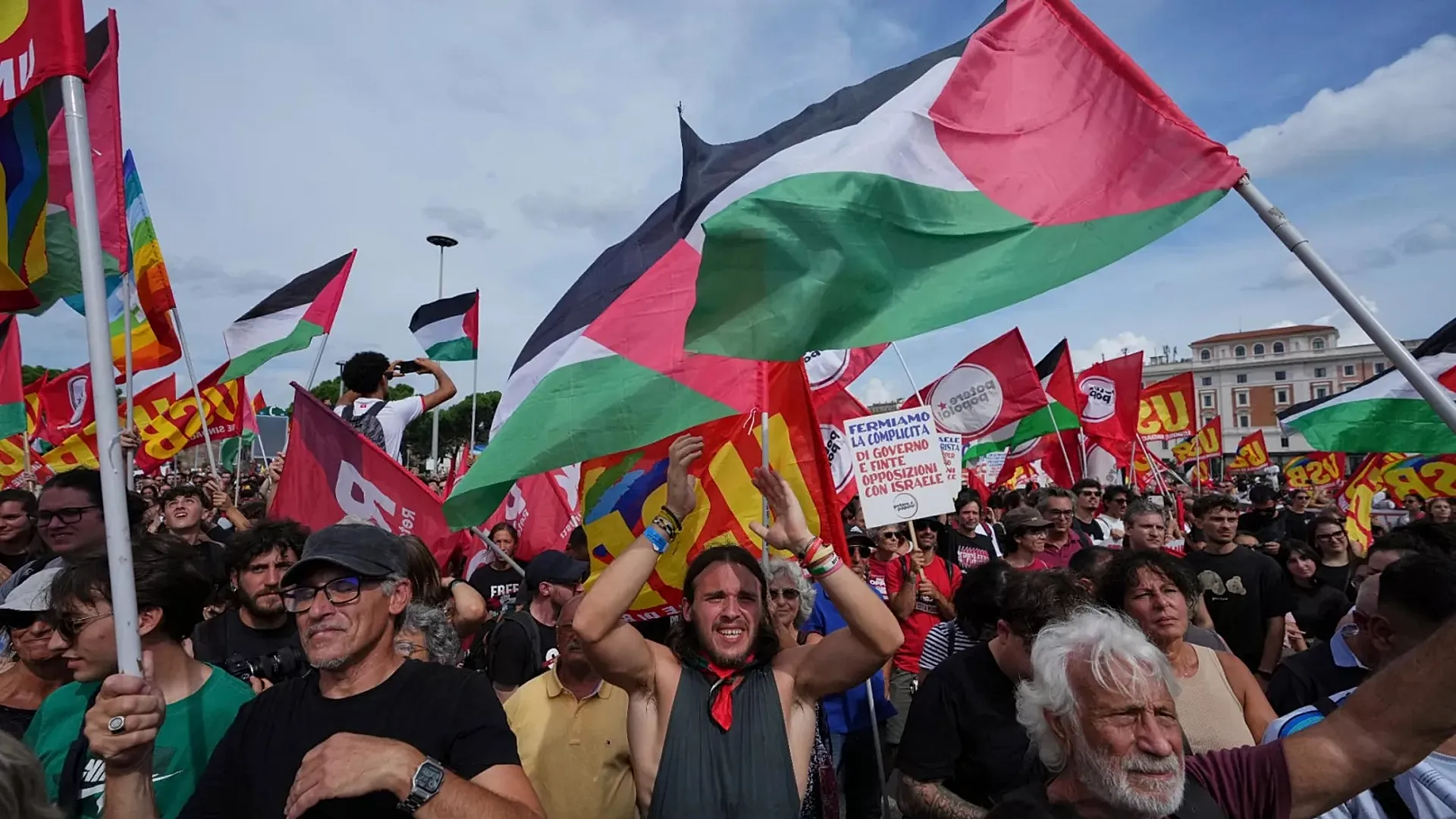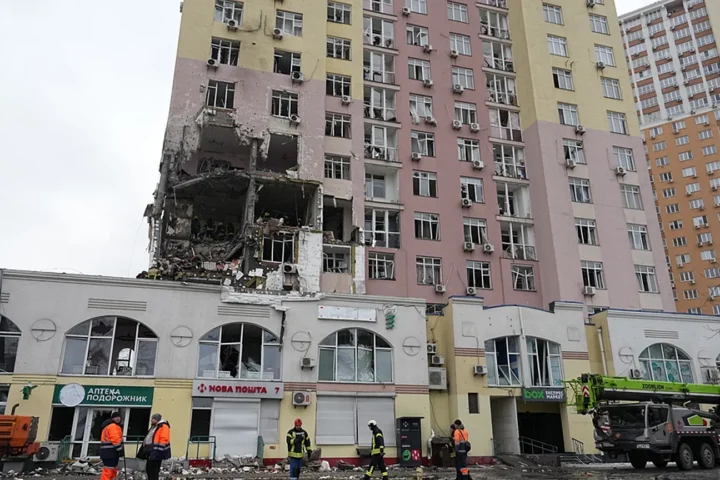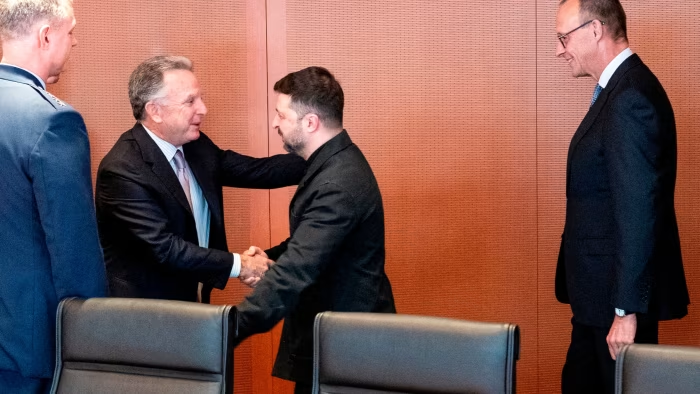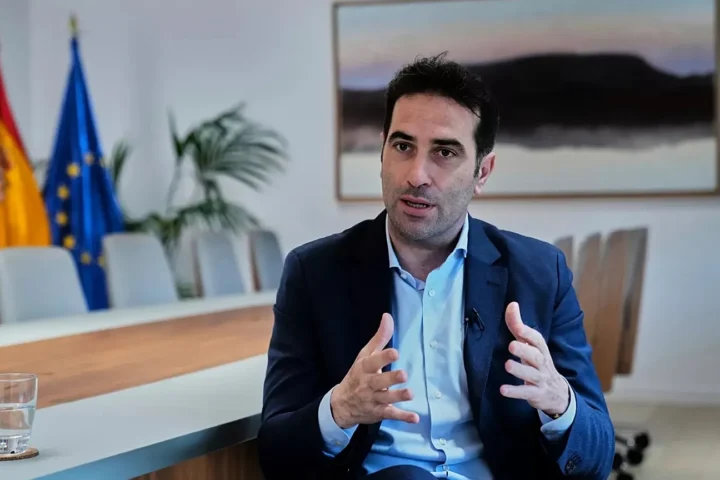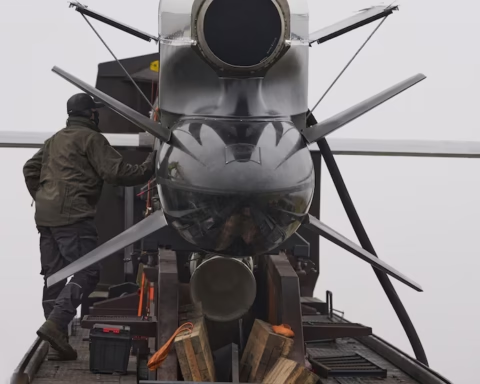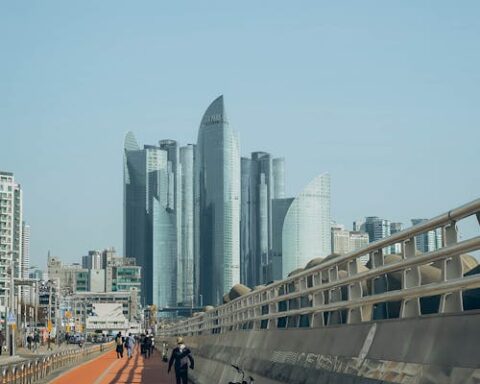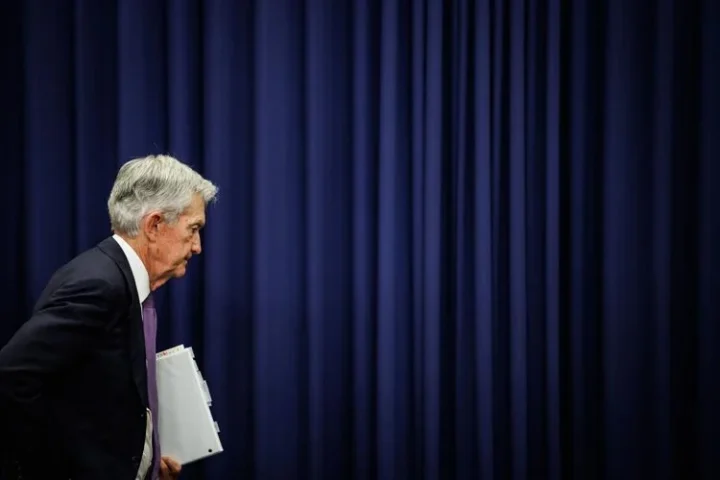Thousands of workers across Italy staged coordinated strikes and demonstrations this week to express solidarity with the people of Gaza, signaling how the conflict in the Middle East is reverberating far beyond the region. The action marked one of the largest labor mobilizations in Europe linked to the war, highlighting the growing intersection of geopolitics, social justice, and workplace activism.
A Day of Action
The strikes affected industries ranging from manufacturing and logistics to public transport and education. In several major cities, buses and trains ran on reduced schedules, schools closed early, and factories temporarily halted operations as employees joined rallies and marches.
Rome, Milan, and Naples witnessed the largest turnouts, where unions and grassroots organizations organized protests in central squares. Many demonstrators carried Palestinian flags, banners calling for a cease-fire, and placards condemning civilian casualties.
Union Involvement
The mobilization was spearheaded by a coalition of Italy’s trade unions, student groups, and civil society organizations. Several prominent labor federations released statements linking the strike to a broader moral obligation.
“Workers cannot remain indifferent while thousands of innocent people suffer and die,” one union leader declared. “Solidarity is not just a slogan—it is our duty as part of a global movement for peace and justice.”
Unions emphasized that the strikes were not only about geopolitics but also about sending a message to Italy’s government, which has maintained strong ties with both the United States and Israel. Many workers called on Rome to push harder for an immediate cease-fire and humanitarian aid corridors.
Broader Political Context
The strikes come amid mounting international pressure for a resolution to the Gaza conflict. Italy, as a European Union member, has faced internal divisions over its stance. While some leaders stress Israel’s right to defend itself, others in parliament and among civil society groups have criticized what they see as disproportionate responses and humanitarian crises in Gaza.
The protests also reflect Italy’s long history of labor activism tied to global justice issues. From anti-apartheid boycotts in the 1980s to anti-war mobilizations in the early 2000s, unions have often played a prominent role in amplifying international struggles within the domestic arena.
Workers’ Voices
For many striking workers, the issue is deeply personal. Some protesters described seeing daily images of destruction in Gaza and feeling compelled to act, even if it meant losing a day’s wages.
“Striking is a sacrifice, but nothing compared to the suffering of families under bombs,” said one factory worker in Turin. A bus driver in Milan added: “We want the world to know that ordinary people in Italy stand for peace.”
Students also played a visible role, with university walkouts staged in Florence and Bologna. Young activists spoke of the need for solidarity across generations, urging governments to listen to the voices of ordinary people rather than geopolitical elites.
Impact and Reaction
The strikes caused some disruption, but they were largely peaceful and well-organized. Police maintained a visible presence at larger rallies, though no major incidents were reported.
Government officials downplayed the immediate economic impact but acknowledged the political significance. Analysts suggested the protests could put pressure on Italy’s leaders to adopt a more assertive humanitarian stance in EU discussions on Gaza.
Critics, however, argued that international conflicts should not be linked to domestic labor actions, accusing unions of politicizing the workplace. Supporters countered that solidarity and justice have always been central to the labor movement’s mission.
A Message Beyond Borders
For organizers, the strikes were less about disruption and more about symbolism—showing that working people in Italy are unwilling to remain silent in the face of war and humanitarian catastrophe.
As one union statement read: “We raise our voices for those who cannot. We stop our work to remind governments that peace is the only labor worth doing.”
